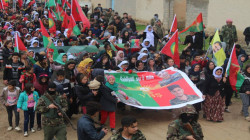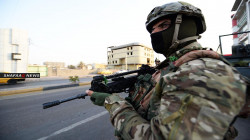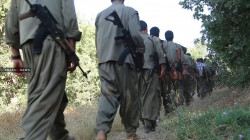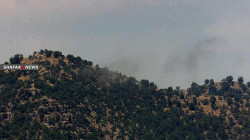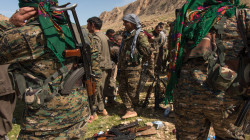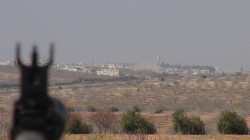Iraqi lawmaker says missing Arab girls near Sinjar joined PKK-linked group
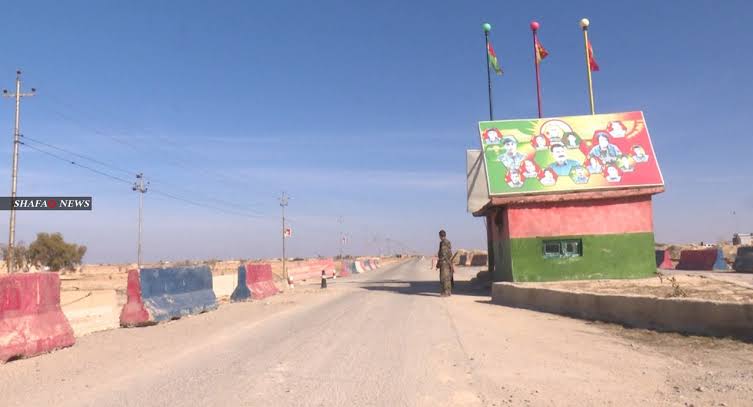
Shafaq News/ An Iraqi lawmaker on Wednesday said that the five Arab girls who went missing near the Sinjar district have joined a women's group affiliated with the Kurdistan Workers' Party (PKK).
Lawmaker Abdul Rahim al-Shammari, a representative of Nineveh in the Iraqi parliament, told Shafaq News Agency the girls, aged 13 to 15, had allegedly joined the council without their families' knowledge.
The so-called "council", based in the Um al-Dheiban complex near Sinjar, is reportedly run by local women who recruit girls for low wages due to the endemic poverty in the area.
Young girls who join the group, according to the lawmaker, are promised a monthly payment of no more than $200.
Al-Shammari added that negotiations are underway between tribal figures and the Popular Mobilization Forces (PMF) command to secure the girls' return. He also noted that the father of one of the girls is employed by the PKK.
The disappearance of the girls sparked tension in the Arab tribe residing in the Um al-Dheiban complex. The tribe accused unknown parties of kidnapping the girls and demanded authorities find them.
Investigations are ongoing to determine the circumstances surrounding the girls' disappearance, according to a security source.
Sinjar district has witnessed extreme violence in recent years, culminating in the rule of Islamic State (ISIS), which resulted in the deaths of thousands of civilians and forced many more to flee. As a result, 280,000 Yezidis are currently living as internally displaced persons in camps in a neighboring governorate.
Instability in this tiny district, on the border with Syria and Türkiye, continues to exacerbate conflicts in the Middle East. The area's remote location and its mountainous topography have enabled armed groups to gain authority and access secure transit routes that connect conflicts in Iraq, Türkiye, Syria, and Lebanon.
ISIS captured swathes of territory in Iraq and Syria in the summer of 2014 but exercised particular brutality when it came to the Yazidis, who they considered infidels. ISIS enslaved thousands and killed thousands more in what has been recognized in several countries as a genocide.
War to push the extremist group out of the area saw much of the area's infrastructure destroyed, and some 400,000 Yazidis were displaced from their heartland.
Some 200,000 Yazidis remain displaced, according to official figures, with many living in camps in the Kurdistan Region.
Thousands more are still missing, and the process of exhuming mass graves and identifying the victims of the ISIS genocide has been painstakingly slow
Earlier this year, UNITAD, the UN mission established to help get justice and accountability for Yazidis, has also been brought to an abrupt end.
A security vacuum has long existed in the area, with various armed groups claiming control of different parts of the district. Turkiye frequently strikes Sinjar, where there are local fighters affiliated with the Kurdistan Workers' Party.
